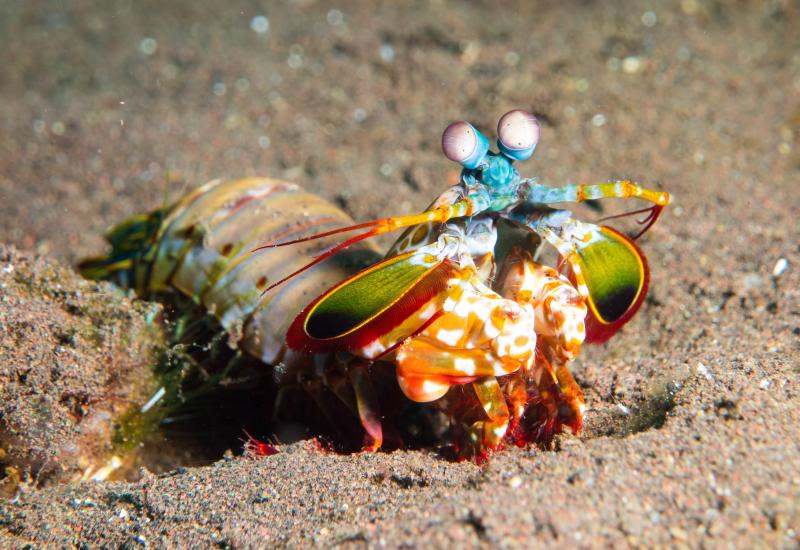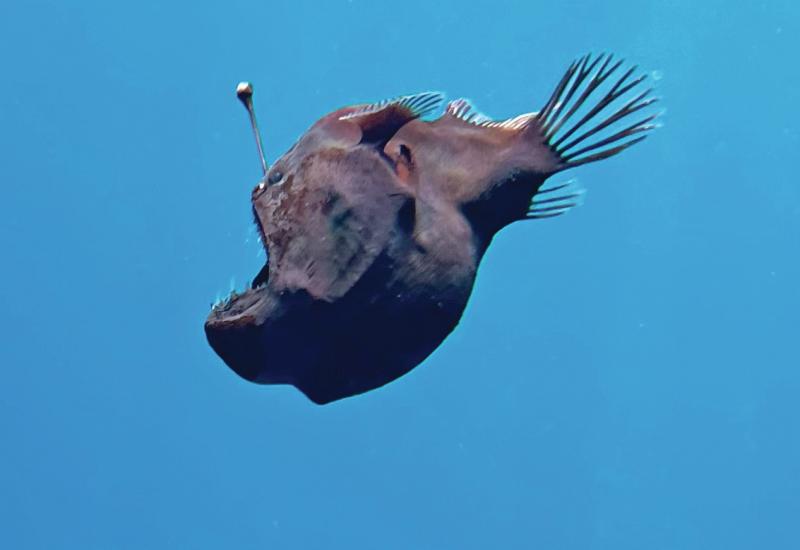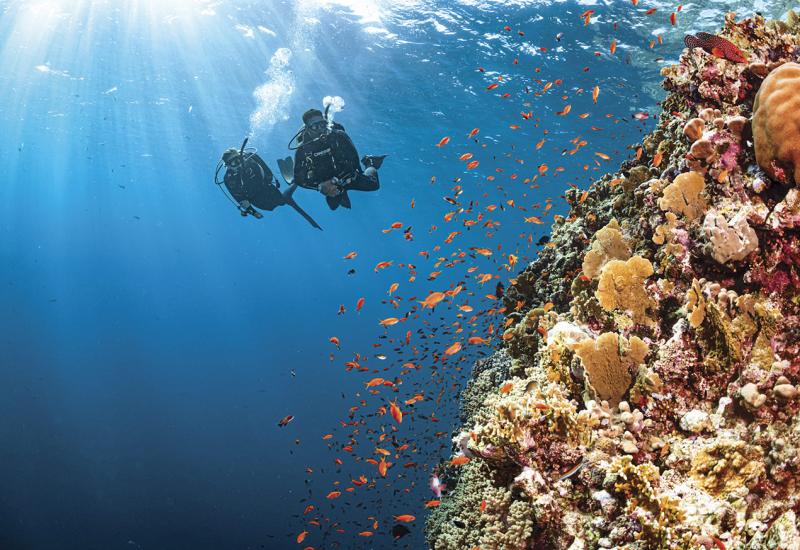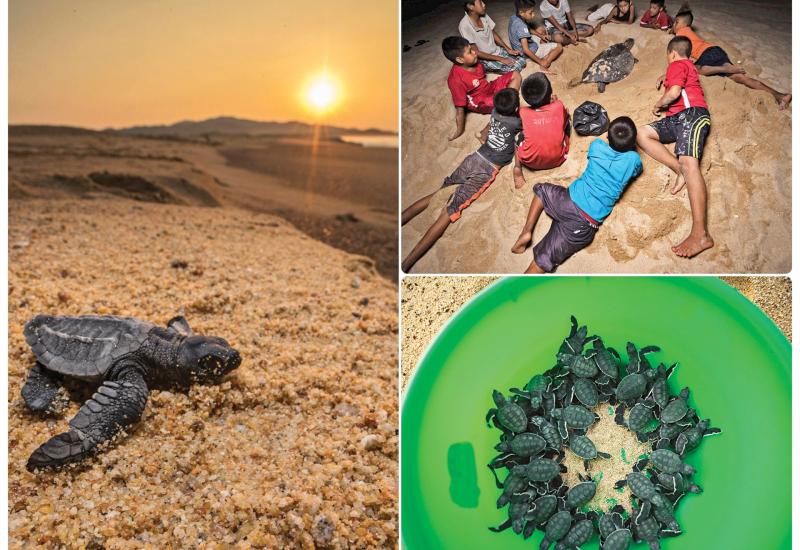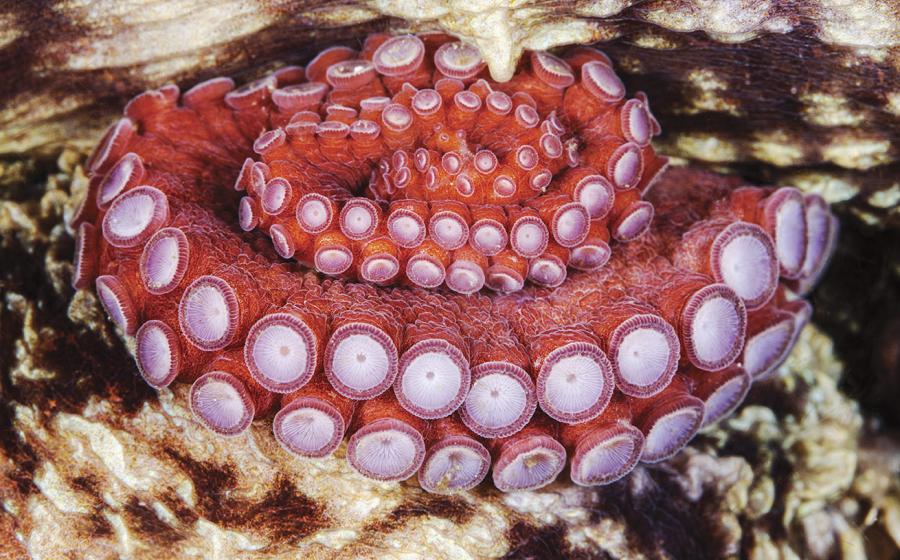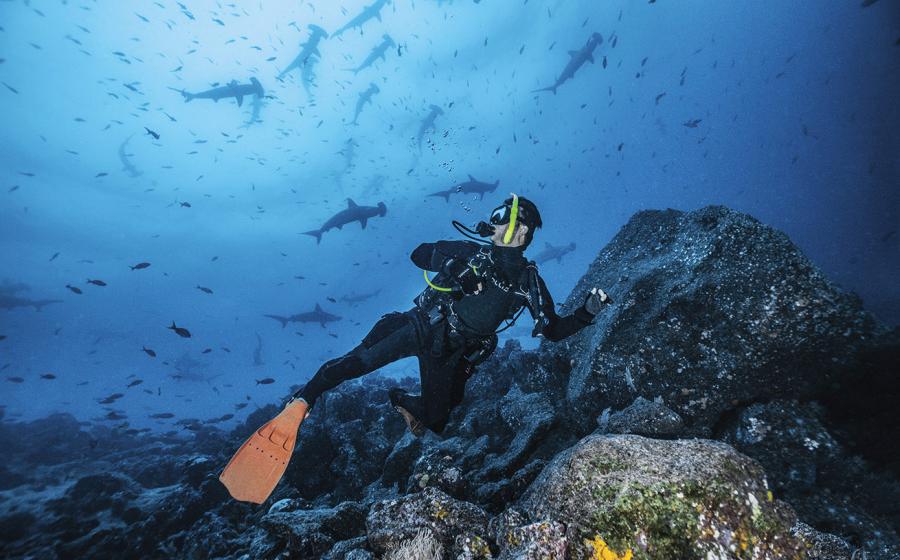Scientists Discover Surprising News About the Fate of Coral Reefs in the Tropical Pacific Ocean
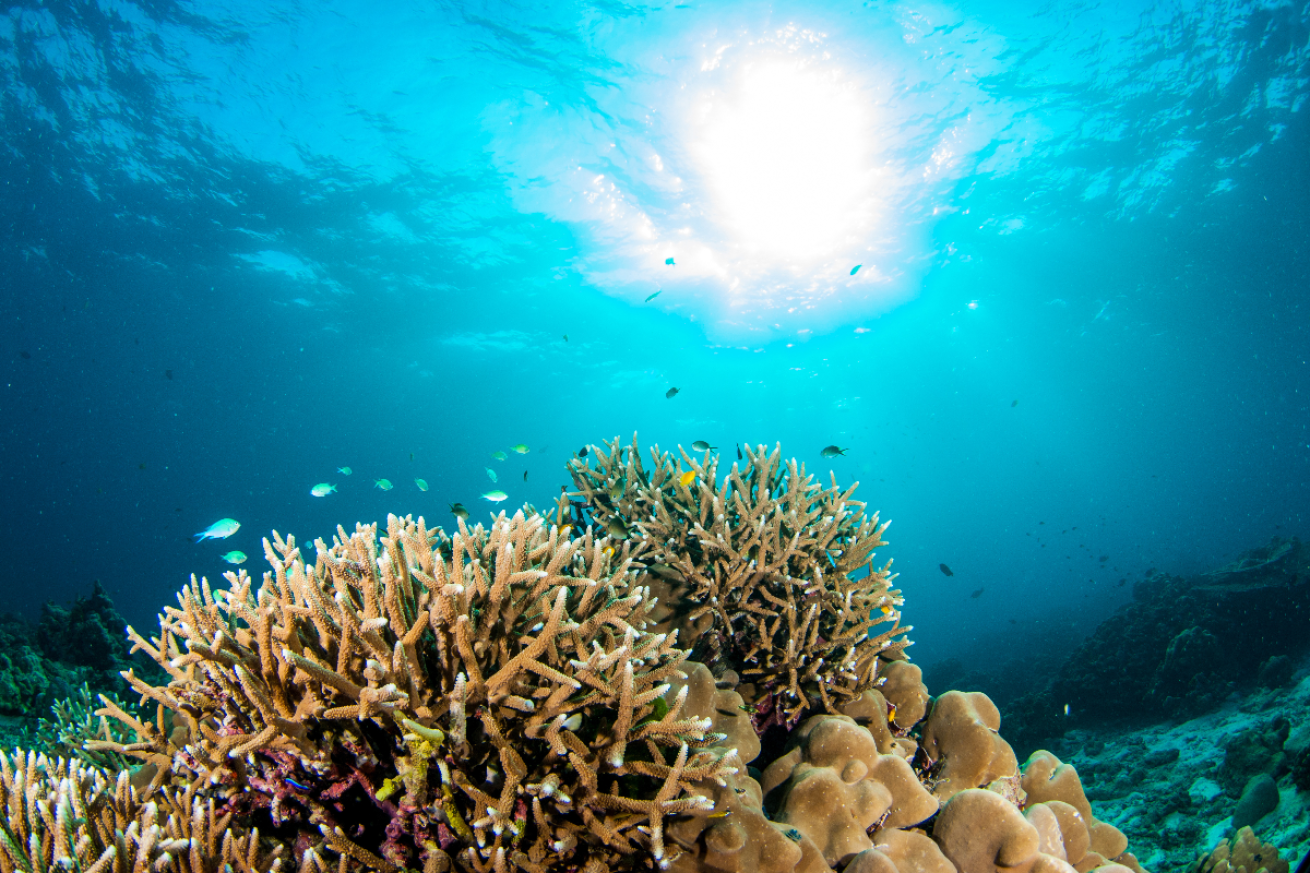
Shutterstock.com/Chainarong PhrammaneeA new study postulates that some corals increase their tolerance to heat by shuffling the zooxanthellae communities living within their individual polyps.
Scientists at the University of Miami Rosenstiel School of Marine, Atmospheric, and Earth Science believe that some coral reefs in the tropical Pacific Ocean could survive into the 2060s. This is a welcome change in an ocean of typically-dire projections for reefs worldwide.
Coral reefs are vitally important ecosystems for the ocean and planet. They support immense biodiversity – even more than tropical rainforests. Unfortunately, reefs are also suffering. Climate change is causing catastrophic ocean temperature warming and increasing acidification – both of which threaten coral health. In fact, 99% of coral reefs could disappear without drastic climate action in this decade, the World Economic Forum reported.
The new study offers a “ray of hope;” some reefs in the Eastern Pacific could adapt to changing conditions, including warming waters, to maintain high coral cover into the second half of this century, the scientists believe. Coral cover is a measure of how much seafloor is covered by living coral tissue – a direct indication of the health of the reef ecosystem overall.
Individual coral animals – called polyps – rely on a symbiotic relationship with an algae they host in their tissues called zooxanthellae for survival. The microscopic algae help their coral hosts harvest light into energy through photosynthesis; the coral uses this energy to grow while providing a safe environment for the algae.
With the new study, the University of Miami scientists posture that some corals increase their tolerance to heat by shuffling the zooxanthellae communities that live within their individual polyps.
"Our results suggest that some reefs in the eastern tropical Pacific, which includes the Pacific coasts of Panama, Costa Rica, Mexico, and Colombia, might be able to maintain high coral cover through the 2060s," said coral biologist and lead author of the study Ana Palacio-Castro. "However, while this may be seen as good news for these reefs, their survival may not continue past that date unless we reduce global greenhouse gas emissions and curtail global warming on a larger scale."
Examining over 40 years’ worth of coral reef-monitoring data from Panama – an incredibly long dataset compared to anywhere in the world – the scientists analyzed temperature, coral cover, bleaching and mortality data across three heatwaves (1982-83, 1997-98 and 2015-16) against data on algal symbiont communities during the latter two. This helped them understand how corals improve their tolerance to heat stress.
Their analysis showed that the 1982-83 heatwave significantly reduced coral cover on the reef, but that the latter two heat waves were milder – especially for “cauliflower corals” in the genus Pocillopora. These reef-building corals are foundational to the eastern tropical Pacific ocean ecosystem. The scientists also confirmed that the heat-tolerant alga Durusdinium glynnii becomes increasingly common in this particular coral lineage during strong ocean heatwaves, allowing their hosts to better withstand periods of elevated temperatures.
Combining future climate projections and their resultant heat stress levels, the reefs composed predominantly of Pocillopora corals that hosted the heat-tolerant alga were found to to be better-equipped to survive and maintain high levels of coral cover well into the second half of hte current century. This hopeful finding indicates that some reef systems may be more resilient to warming than previously thought.
Rosenstiel School professor and senior author of the study Andrew Baker says, "While we don't think that most reefs will be able to survive in this way, it does suggest that vestiges of our current reefs may persist for longer than we previously thought, although potentially with many fewer species. Coral reefs are incredibly valuable natural assets, providing coastal protection and fisheries benefits, and supporting many local communities. We can still make a difference by protecting them."

